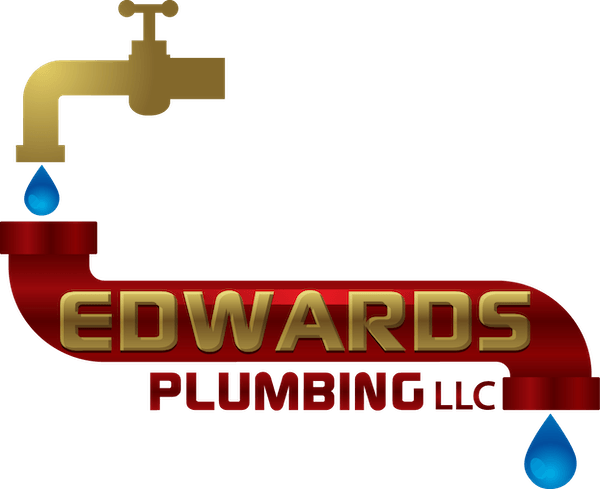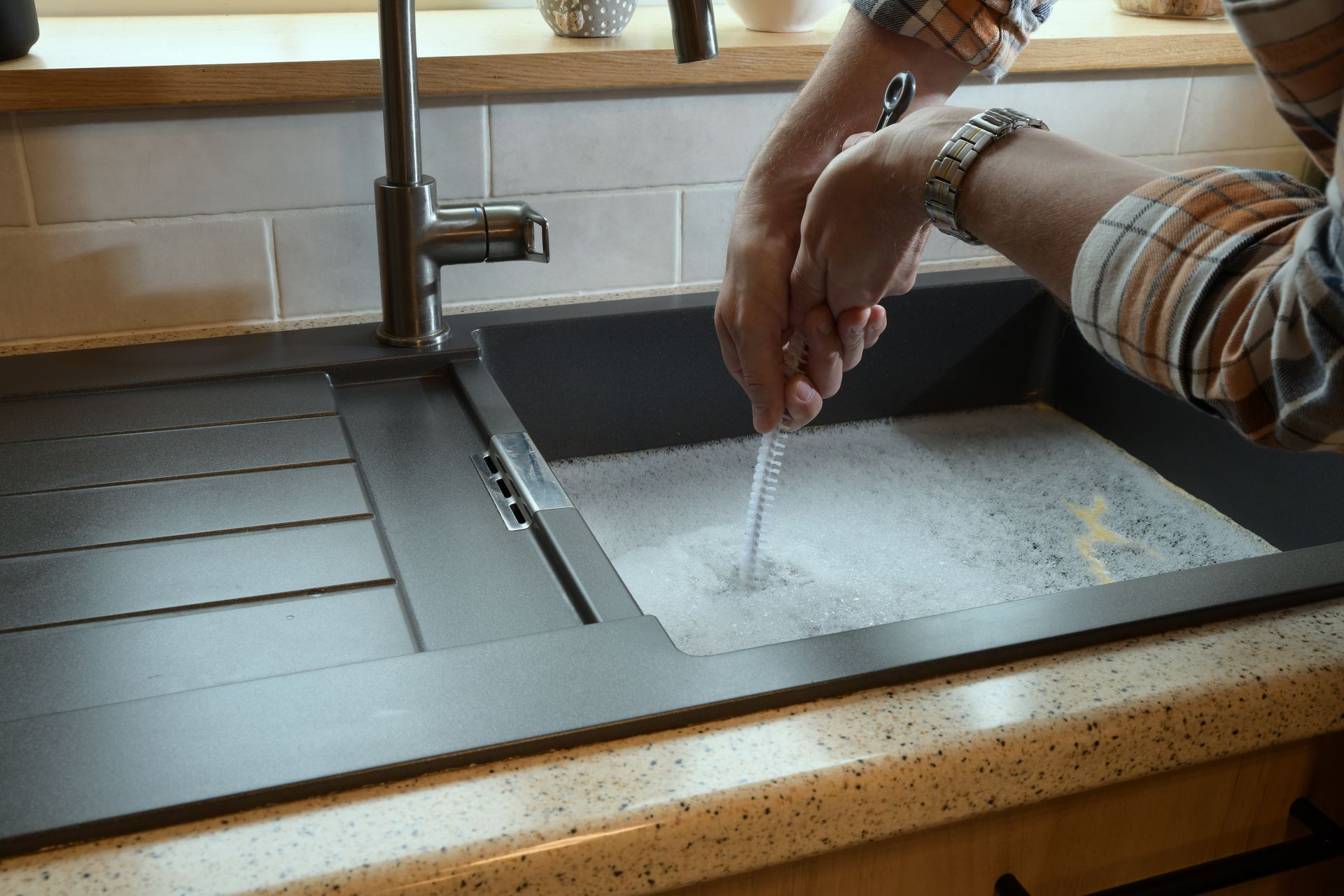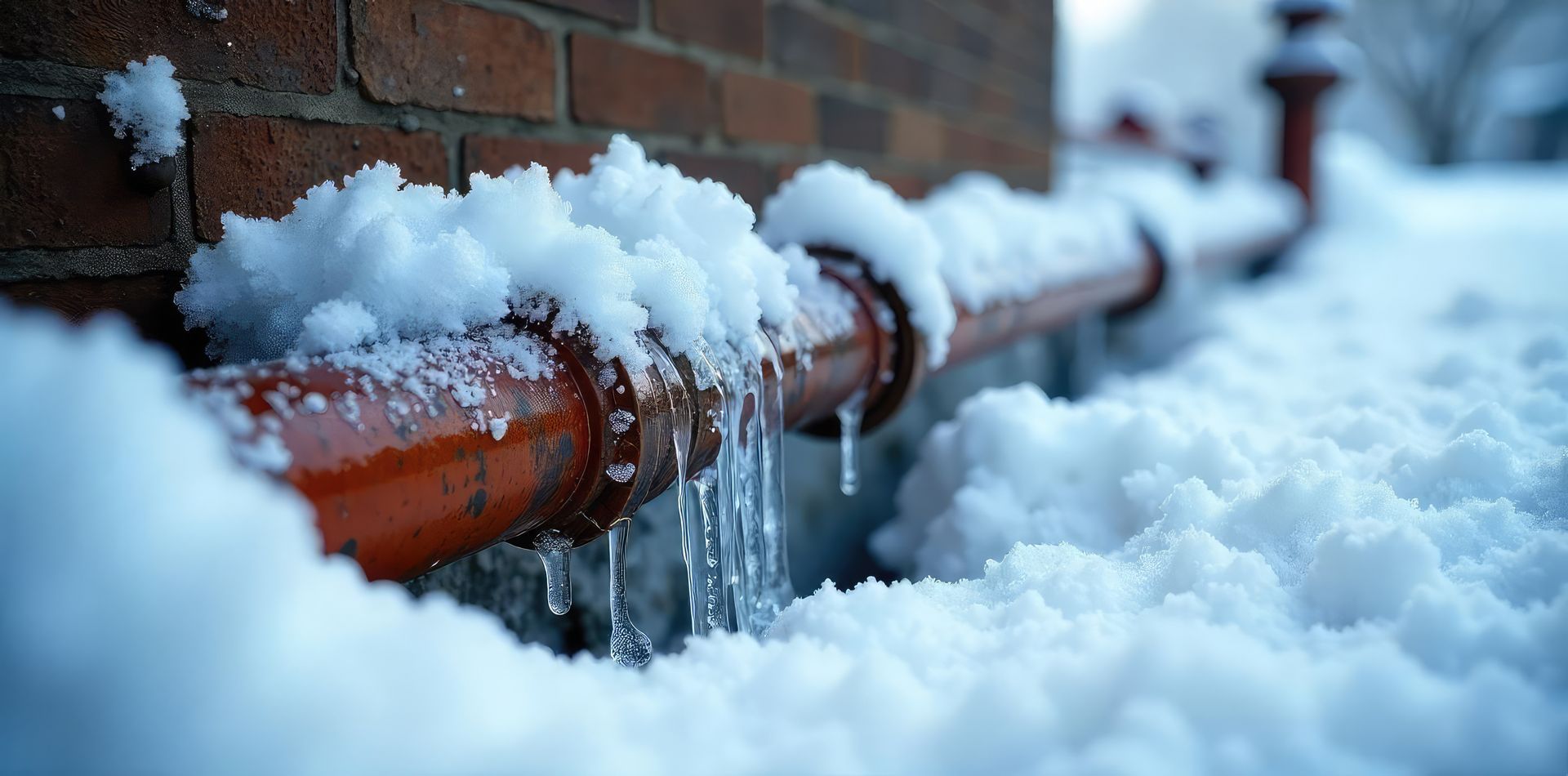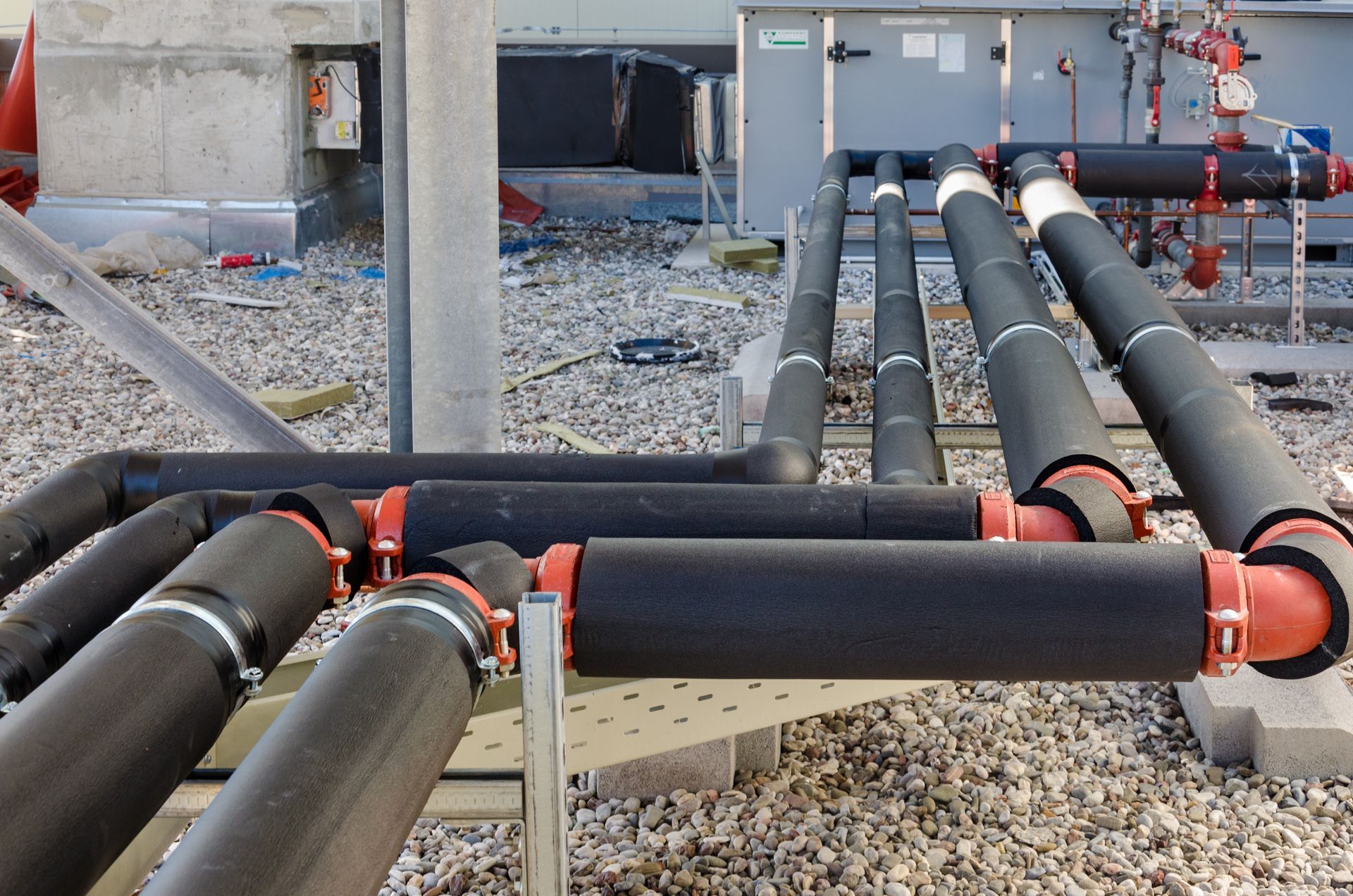Hard water is a common issue in many homes, affecting plumbing systems and appliances. It’s caused by high mineral content, such as calcium and magnesium, which can build up over time, leading to various problems in your plumbing. While hard water may not pose an immediate health risk, it can lead to expensive repairs and decreased efficiency in your plumbing system. In this blog, we’ll explore why hard water is bad for your plumbing and how you can address the problem.
What Is Hard Water?
Hard water is water that contains high levels of dissolved minerals, primarily calcium and magnesium. These minerals naturally occur in groundwater as it flows through soil and rocks. When hard water is used in the home, it can leave behind mineral deposits in pipes, faucets, and appliances, eventually causing plumbing issues.
1. Mineral Build-Up in Pipes
One of the primary concerns with hard water is the buildup of minerals inside your pipes. Over time, calcium and magnesium can form deposits that accumulate in the walls of your pipes. This can lead to restricted water flow, which can reduce the overall efficiency of your plumbing system.
Why It Happens:
The minerals in hard water can build up inside the pipes over time, creating a layer of scale. This scale buildup can narrow the pipes, leading to blockages and restricted water flow.
What You Can Do:
To prevent mineral buildup, regular maintenance and flushing of your pipes can help reduce the effects of hard water. Installing a
water softener system can also help by removing minerals before they enter your plumbing.
2. Clogging of Faucets and Showerheads
If you have hard water, you may notice mineral deposits around your faucets, showerheads, and other plumbing fixtures. These deposits are commonly referred to as "lime scale." Over time, lime scale can build up and clog faucets and showerheads, reducing water pressure and causing inefficient water flow.
Why It Happens:
As hard water evaporates, it leaves behind mineral deposits that build up around faucets and showerheads. This can lead to clogs, poor water pressure, and even rust formation.
What You Can Do:
Regular cleaning of your faucets and showerheads can help minimize mineral buildup. Additionally, installing a
whole-house water softener can prevent lime scale from forming in the first place.
3. Water Heater Inefficiency
Hard water can also affect your water heater, causing it to work less efficiently. The minerals in hard water can accumulate inside your water heater tank, forming a thick layer of scale on the heating elements. This scale reduces the efficiency of the heating process, leading to higher energy bills and potential water heater breakdowns.
Why It Happens:
The heat inside the water heater causes the minerals in hard water to solidify and form scale. This buildup reduces the heating efficiency of the water heater, forcing it to work harder to heat the water.
What You Can Do:
Flushing your water heater regularly can help remove mineral deposits and improve its efficiency. Installing a
water softener system can also reduce the amount of scale that builds up in your water heater.
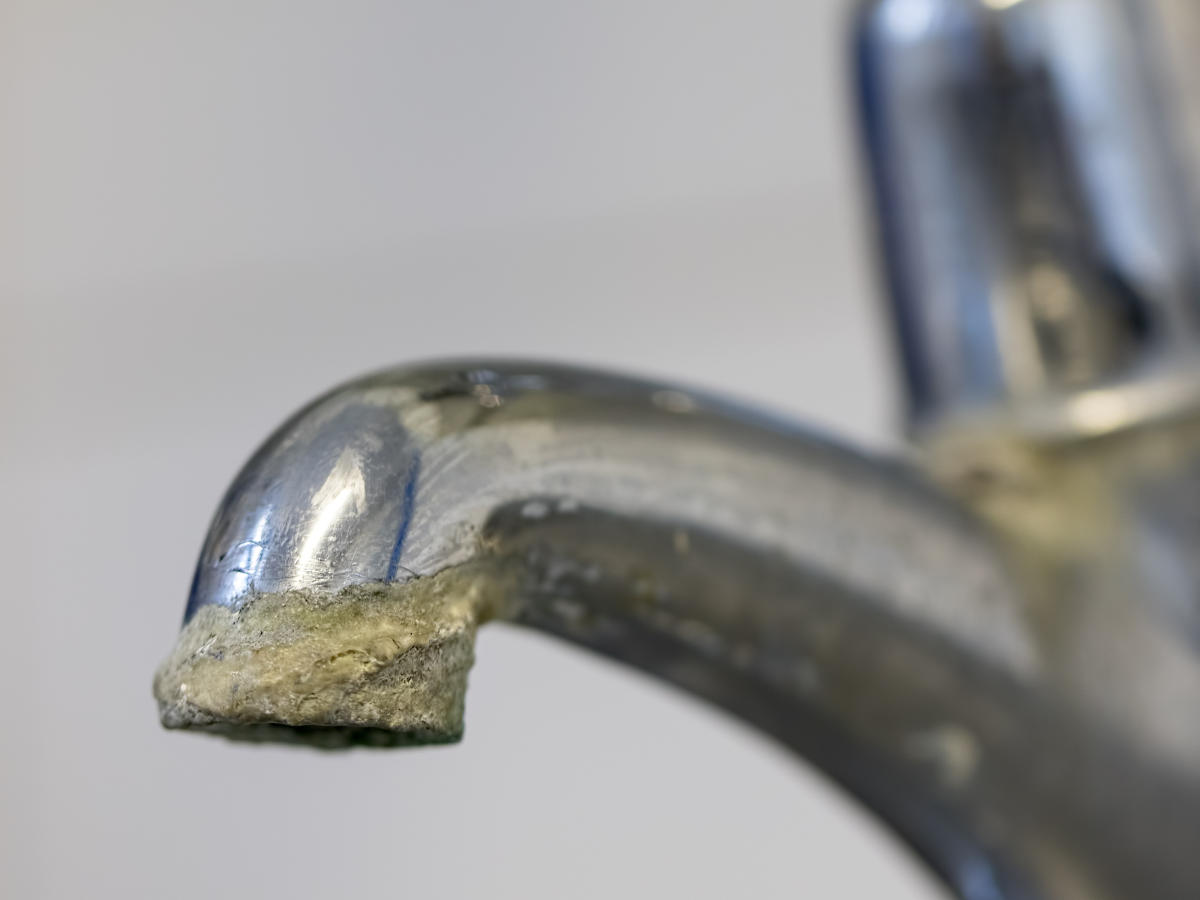
4. Damage to Appliances
Hard water doesn’t just affect your plumbing system—it can also damage your household appliances. Appliances like dishwashers, washing machines, and coffee makers can accumulate mineral deposits from hard water, which can lead to damage over time.
Why It Happens:
As hard water flows through your appliances, the minerals can build up on heating elements, pipes, and other internal components. This can reduce the lifespan of your appliances and lead to costly repairs.
What You Can Do:
Regular cleaning and maintenance of appliances that use water, like dishwashers and washing machines, can help reduce mineral buildup. Again, a
water softener system can help protect your appliances from the damaging effects of hard water.
5. Soap Scum and Streaks
Hard water can also affect how your soap works, leading to soap scum build-up and streaks on your dishes, glasses, and shower walls. This happens because the minerals in hard water react with soap, forming a sticky residue that is difficult to clean.
Why It Happens:
When hard water mixes with soap, it doesn’t lather properly. Instead, it leaves behind soap scum that builds up on various surfaces, including sinks, tubs, and tiles.
What You Can Do:
Installing a water softener can help prevent soap scum from forming and reduce streaks on your surfaces. Additionally, regular cleaning with a vinegar solution can help break down soap scum buildup.
6. Decreased Lifespan of Plumbing Fixtures
Hard water can shorten the lifespan of your plumbing fixtures, as the constant exposure to minerals causes wear and tear over time. Faucets, showerheads, and other fixtures are more prone to rusting, corrosion, and clogging when exposed to hard water.
Why It Happens:
The minerals in hard water can corrode metal pipes and fixtures, leading to rust, discoloration, and leaks.
What You Can Do:
Installing a water softener can help reduce the amount of minerals that come into contact with your plumbing fixtures, extending their lifespan. Regular cleaning and maintenance of your plumbing fixtures will also help prevent long-term damage.
How to Combat Hard Water
If you're dealing with the effects of hard water, there are several solutions available. One of the most effective ways to treat hard water is by installing a water softener system. A water softener removes the minerals responsible for hardness, improving the quality of water and protecting your plumbing system and appliances.
Additionally, regular maintenance and cleaning of your plumbing and appliances can help reduce the negative impact of hard water. If you’re unsure whether you have hard water or need advice on how to address it, consult a professional plumber like Edwards Plumbing.
Conclusion
Hard water is more than just an inconvenience—it can cause significant damage to your plumbing system, appliances, and fixtures. By understanding the risks of hard water and taking proactive measures like installing a water softener, you can protect your home and plumbing system from unnecessary wear and tear. If you're experiencing issues with hard water or want to learn more about how to address it, contact Edwards Plumbing today to schedule an inspection and get expert advice on water softening solutions.
Share this blog!
